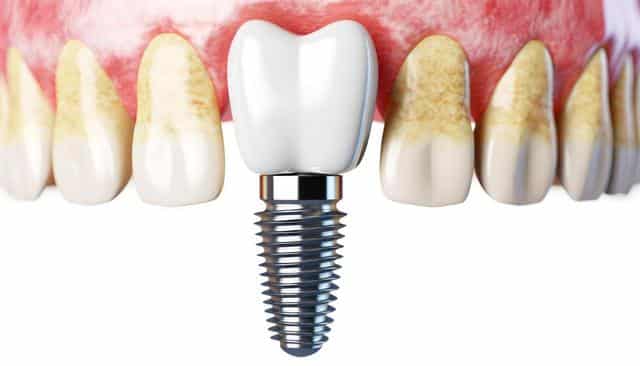The Procedure: What to Expect
The dental implant procedure involves several stages, each critical to the success and longevity of the implant. Initially, a comprehensive evaluation is performed, including X-rays and possibly 3D imaging, to assess bone quality and plan the placement. This stage is paramount, as adequate bone density is necessary to support the implant. If the bone is insufficient, procedures such as bone grafting may be recommended to enhance implant success. Once prepared, the implant placement is typically performed under local anesthesia. A small incision is made in the gum to expose the bone, where a hole is drilled for the implant post. After the implant is placed into the bone, a period of healing follows, allowing for osseointegration. This phase can vary from a few weeks to several months, ensuring that the implant is securely anchored.
Aftercare and Maintenance
Proper aftercare and maintenance are crucial in ensuring the durability and success of dental implants. Immediately following the procedure, patients might experience swelling, discomfort, or minor bleeding, which can be managed with prescribed medication. It is essential to maintain optimal oral hygiene to prevent infection and promote healing. Regular brushing and flossing, combined with periodic dental check-ups, play a vital role in maintaining implant health. Dentists may recommend specific cleaning techniques or tools, such as interdental brushes, to clean hard-to-reach areas. Additionally, patients should avoid habits that could damage their implants, such as smoking or consuming excessively hard foods.
Benefits and Considerations
Dental implants offer numerous benefits that make them an attractive option for those missing teeth. Implants provide superior stability compared to removable dentures, allowing for confident eating, speaking, and smiling. They also help preserve facial structure by preventing bone loss, an issue often encountered with missing teeth. Implants do not rely on adjacent teeth for support, thus preserving their health and integrity. However, it is important to consider that not everyone is an ideal candidate for dental implants. Factors such as overall health, jawbone density, and gum condition must be evaluated before proceeding. Consequently, consulting with dental professionals to discuss the most suitable options is advisable.
Myths and Misconceptions
Several myths and misconceptions can cloud the perception of dental implants, influencing decision-making. One common myth is that implants are painful, but advancements in techniques and anesthesia have significantly reduced discomfort. Another misconception is that dental implants are only for elderly individuals. However, they are suitable for adults of various ages who have permanent tooth loss. Additionally, some believe that the high initial cost of dental implants might not match their value. In reality, when considering the long-term benefits and durability, implants often prove to be a cost-effective solution. Understanding these aspects can help individuals make informed decisions about dental implants, leading to enhanced dental health and quality of life.

